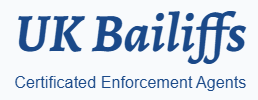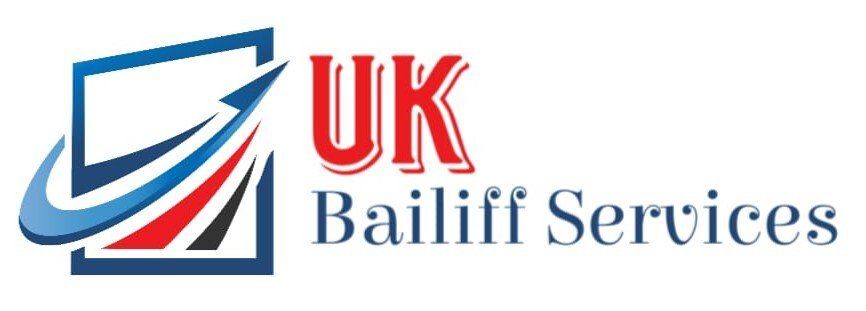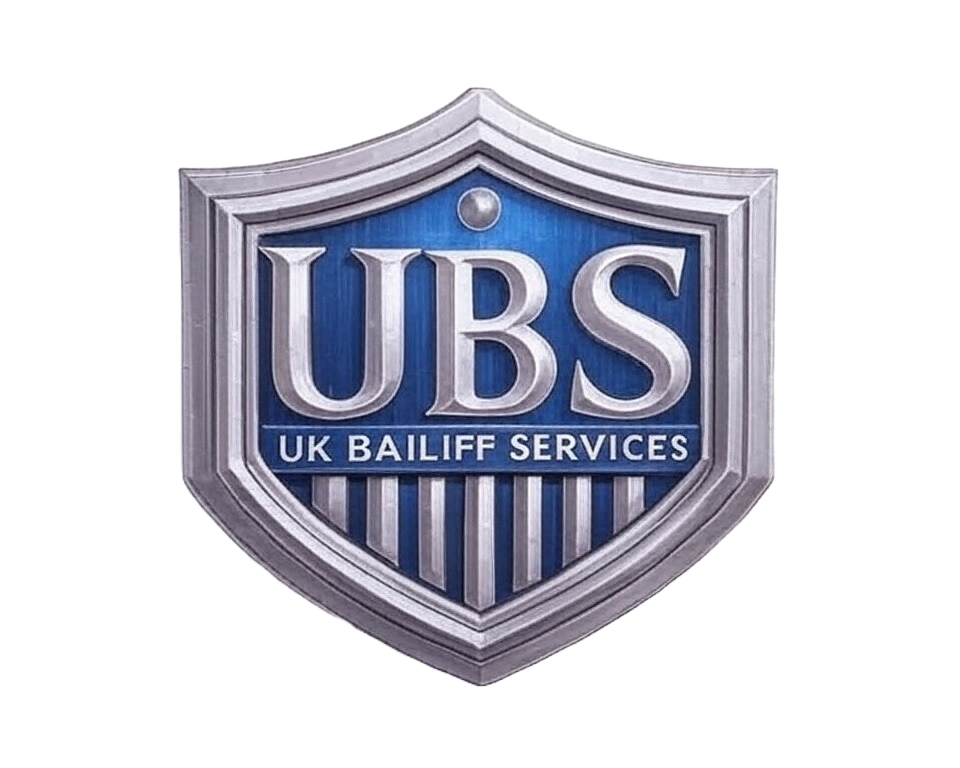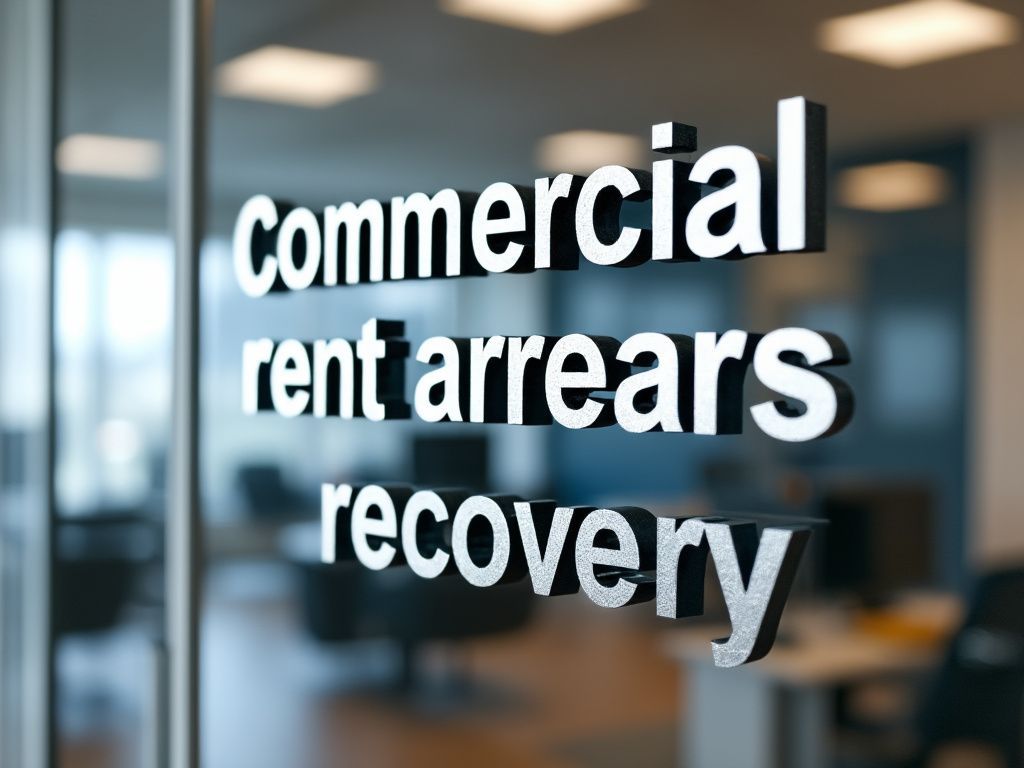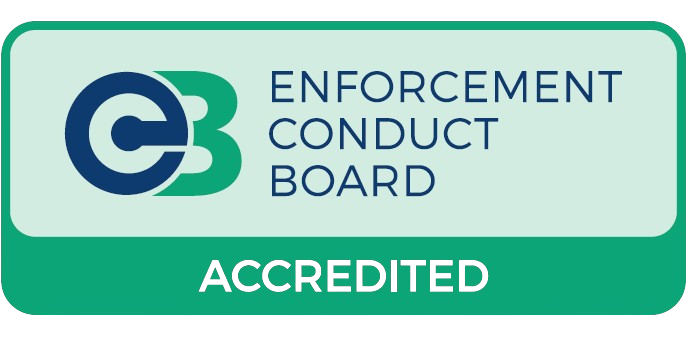UK Bailiffs | Certificated Enforcement Agents
Landlord Tenant Solutions
Commercial Rent and Lease Forfeiture Specialists
UK Bailiffs are Certificated Enforcement Agents specialising in Commercial Enforcement, providing legal remedies for landlords and property managers
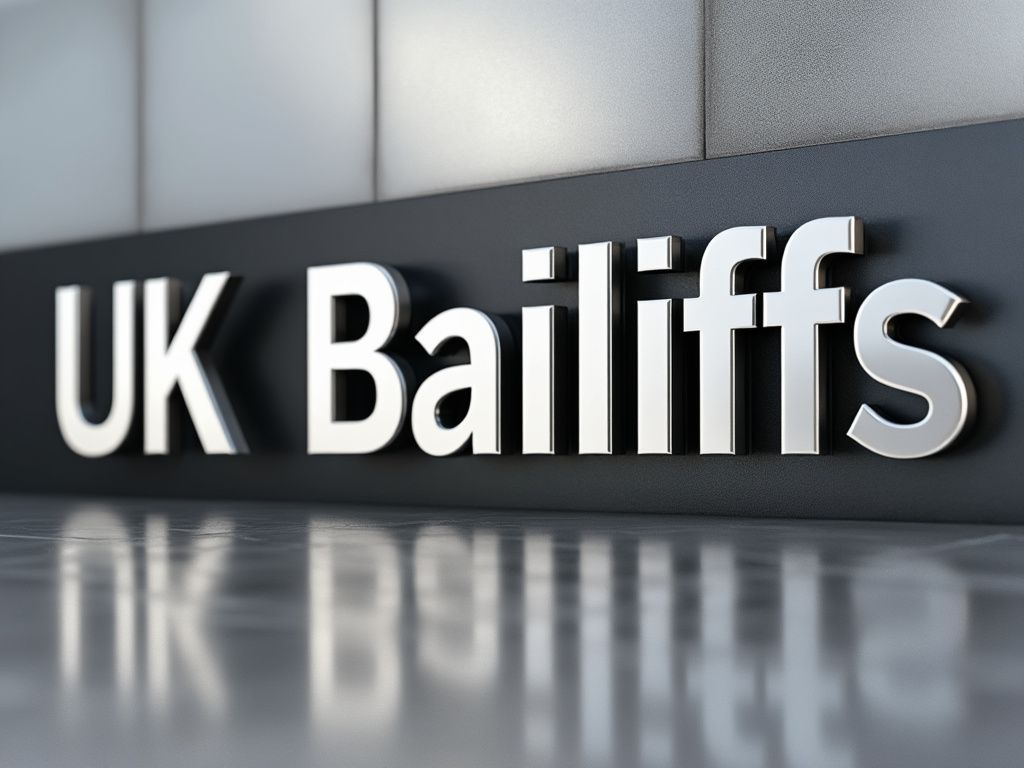
CRAR and Forfeitures - Legal Remedies for Landlords and Property Managers of Commercial Premises
At UK Bailiffs, we understand that when a commercial tenant falls behind on rent, it can significantly impact your cash flow and property income. As a landlord, you have two primary legal remedies to recover outstanding rent or regain possession of your property: Commercial Rent Arrears Recovery (CRAR) and Forfeiture. Our expert team is here to help you choose the right course of action, ensuring a prompt, professional, and compliant resolution.
1. Commercial Rent Arrears Recovery (CRAR)
What is CRAR?
CRAR is a legislated process that allows landlords to recover overdue rent for commercial properties without the need for a court order. It enables the enforcement agent to enter the premises, list the tenant’s goods, and ultimately remove and sell them if the rent is not paid. CRAR applies only to rent arrears—service charges, insurance, or other commercial debts cannot be recovered using this method.
Key Benefits of CRAR:
- Swift Resolution: Once the relevant notice period has passed, enforcement can proceed quickly.
- Transparent & Regulated: The process is strictly regulated, offering protection for both landlord and tenant.
- Non-Adversarial: Often viewed as a more structured and predictable approach, encouraging tenants to settle arrears promptly.
2. Forfeiture
What is Forfeiture?
Forfeiture allows a landlord to terminate the lease if a tenant fails to meet the terms, typically by falling into rent arrears. By exercising the right of forfeiture, a landlord can lawfully re-enter and secure the premises, effectively ending the tenant’s right to occupy. Once forfeited, the landlord can seek a new tenant or reassess their property strategy.
Key Benefits of Forfeiture:
- Immediate Control of Your Property: Regain possession quickly, preventing further losses.
- Strong Leverage: The threat or act of forfeiture often prompts tenants to settle outstanding arrears.
- Future Flexibility: Once the lease is ended, you are free to negotiate more favourable terms with a new tenant.
Choosing the Right Option
Determining whether CRAR or forfeiture is the best solution depends on your circumstances and objectives. Factors such as the amount owed, the tenant’s willingness to negotiate, and your long-term property plans all influence the decision. At UK Bailiffs, our experienced enforcement professionals will:
- Provide Expert Advice: We’ll assess your specific situation, helping you understand the legal and financial implications of each method.
- Ensure Compliance: Our procedures always adhere to current legislation, protecting your interests and your reputation.
- Deliver Efficient Solutions: Whether through CRAR or forfeiture, we work swiftly and professionally to achieve the best possible outcome.
Ready to take control of your commercial property?
Contact UK Bailiffs today for a free, confidential consultation. We’ll guide you through every step, ensuring your property investments remain protected and profitable.
UK Bailiffs CRAR Process
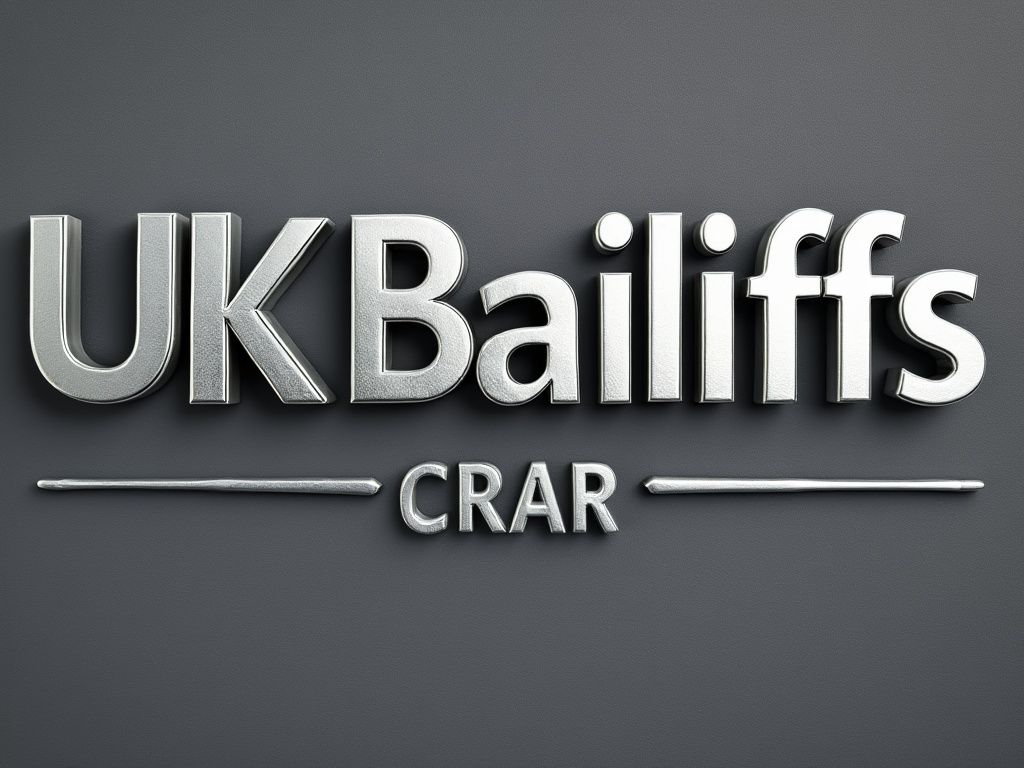
- Instruct us for CRAR online – our online form takes a few minutes to complete and generates an automated Warrant.
- Initial Assessment: UK Bailiffs conducts a review of the lease agreement and outstanding rent to confirm eligibility for CRAR.
- Notice of Enforcement: A 7-day Notice of Enforcement is issued to the tenant, giving them an opportunity to pay the arrears before enforcement action is taken.
- Enforcement Action: If the tenant does not settle the arrears, UK Bailiffs' enforcement agents attend the premises to take control of goods, in accordance with the regulations set out in the Taking Control of Goods (Fees) Regulations 2014.
- Sale of Goods: If payment is not made, the seized goods may be sold at auction to recover the debt.
- Detailed Reporting: Full documentation and photographic evidence are provided throughout the process to ensure transparency and compliance.
Advantages of Using CRAR
- No Court Involvement: CRAR is a non-court procedure, making it faster and less costly than litigation.
- Efficient Debt Recovery: Provides landlords with a streamlined method for recovering rent arrears.
- Legal Compliance: Ensures all actions are taken in accordance with UK legislation, minimizing the risk of legal disputes.
Legislation Governing CRAR
- Tribunals, Courts and Enforcement Act 2007: Establishes the legal framework for CRAR, replacing common law distress for rent.
- Taking Control of Goods Regulations 2013: Outlines the procedures for enforcement agents when taking control of goods.
- Taking Control of Goods (Fees) Regulations 2014: Specifies the fee structure for enforcement actions.
UK Bailiffs Lease Forfeiture
Commercial Lease Forfeiture is a legal remedy under English law allowing a landlord to terminate a lease agreement due to a tenant breach. Our expert agents enforce lease forfeiture efficiently and lawfully.
When Can Lease Forfeiture Be Used?
- Non-payment of rent: Tenant fails to pay within the agreed timeframe.
- Breach of covenant: Tenant violates terms of the lease (e.g., illegal activity).
- Insolvency: Tenant enters administration or liquidation proceedings.
Legal Requirements
- Peaceable Re-entry: Entry must be non-forcible.
- Section 146 Notice: Required for breaches other than rent arrears.
- Waiver of Right: Accepting rent post-breach may forfeit the right to forfeit.
